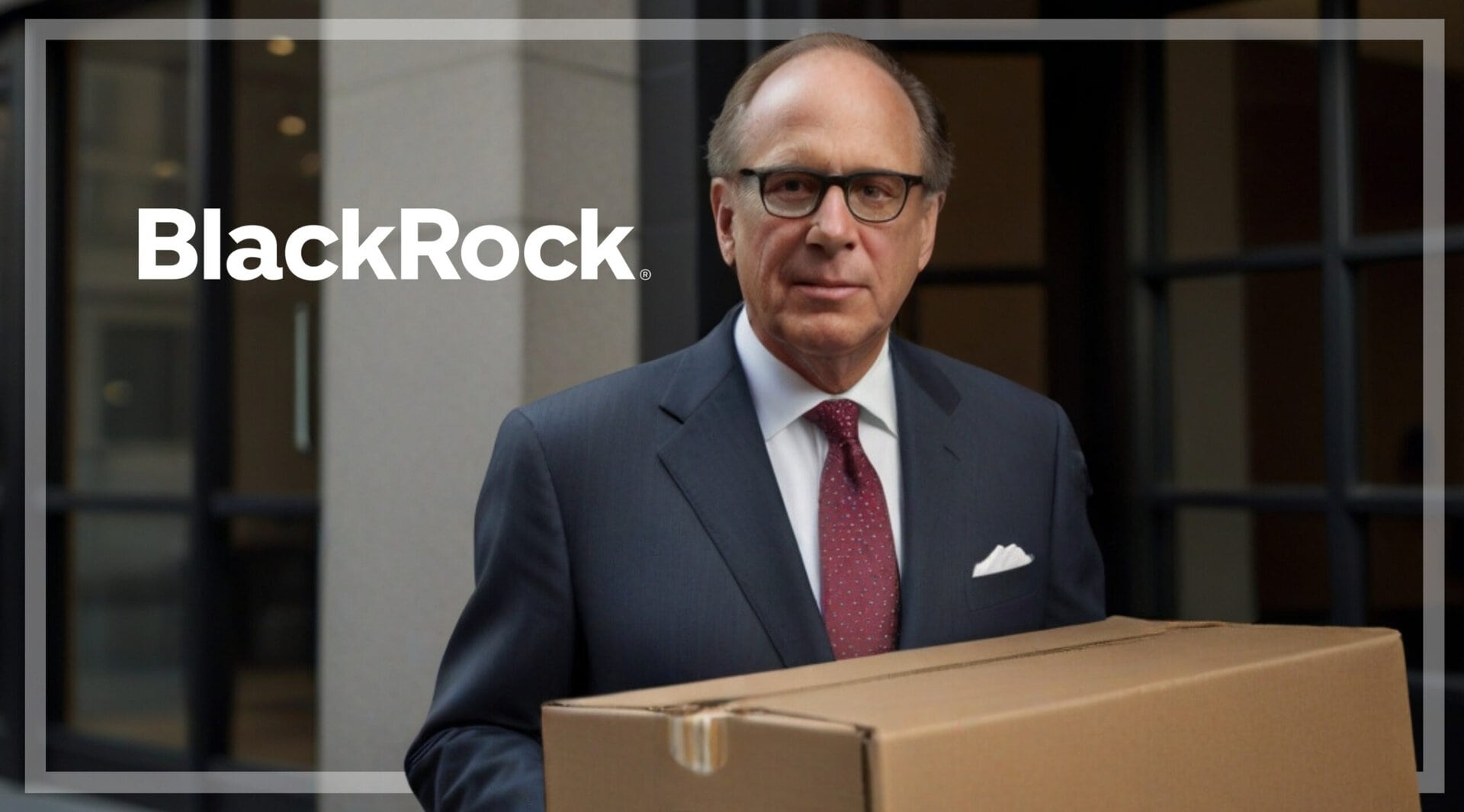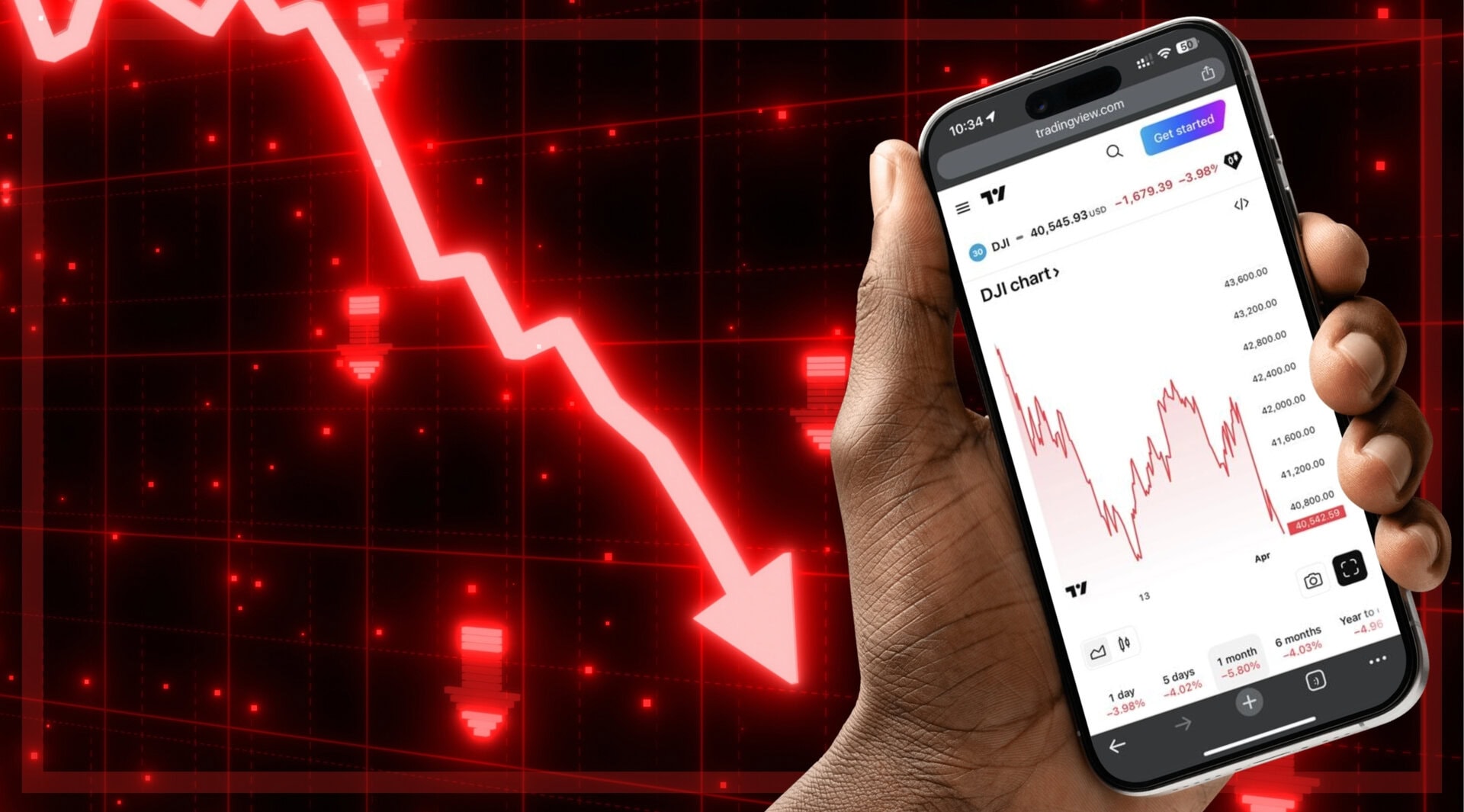By David Whitehouse
El Salvador’s adoption of bitcoin as legal tender has left many Brazilians wanting the same.
Legislation passed in June made El Salvador the world’s first country to recognise a digital currency as legal tender. Research carried out by the Sherlock Communications found that across Latin America as a whole, only 5% strongly disagreed that El Salvador’s initiative had been a good idea.
Brazilians were the biggest supporters of crypto-recognition, with 56% supporting El Salvador’s move, and 48% saying they want Brazil to follow suit and adopt Bitcoin. Only 4% of Brazilians said that there is no future for crypto currencies in their country.
People in Brazil have been willing to put their money where their mouths are. The central bank said in September that Brazilians have bought more than $4 billion in cryptocurrencies so far this year. The bank’s director of money policy, Bruno Serra, has said that total could reach $8 billion by the end of 2021.
About 3 million Brazilians have stock market investments, while nearly 5 million own crypto assets, says Felipe Paletta, partner at Monett, a regulated Brazilian investment adviser, in São Paulo. A combination of low interest rates and high inflation has cut real returns from fixed-income investments, Monett’s crypto-currency specialist Helena Magarido says. The real’s loss in value has also prompted the search for hedges, she says. “People have realised they need alternative investments.” The result is that interest in crypto-currencies has “exploded.”
The government and the economic context in Brazil create a climate of “extraordinary risk” for investors, Magarido argues. “People are just trying to protect their assets.” Brazil has always struggled with governance, she says, pointing to a common saying in the country that “even the past is not certain.”
Timing Bitcoin’s halving cycle will be key, Magarido says. The process of halving is designed to ensure that coins will be issued at a steady pace. Previous halvings have been associated with boom and bust cycles. Magarido says that the next Bitcoin halving may lead to a price correction; She still expects some crypto currencies to rise next year, and sees Bitcoin, Ethereum, Solana and Polkadot as good bets over a three-year horizon. The best course, she argues, is to take a balanced approach by investing in both equities and crypto.
Paletta says Brazil faces political uncertainty in the short term, but he is optimistic on the long-term outlook for equities. The discount of the Brazilian stock market to the US on a price-to-earnings basis is close to historical highs, he says. “We might see recovery in the short term” and stocks could rise sharply over the next 12 months, he says.
Favourable Regulation
The regulatory environment has created a tailwind for crypto. In March 2020, the Brazilian Securities and Exchange Commission (CVM) adopted a three-year regulatory sandbox, allowing blockchain projects to be developed without fear of regulatory reprisals. The result has been a surge in new ventures. There are now at least 180 blockchain-related startups in Brazil, about half of them in financial services. Four out of five of these startups were founded in the last five years.
In July, Brazilian cryptocurrency exchange Mercado Bitcoin became the country’s first crypto unicorn after raising US$ 200 million from Softbank Latin America Fund. The exchange has 2.8 million customers, of which 700,000 signed up between January and May this year. During those five months, transaction volumes exceeded the entire amount since the business started in 2013.
The signs are that crypto is becoming engrained as a part of daily life. Cab-hailing major “99” has enabled the sale and purchase of Bitcoin via its digital wallet. Brazilian congressman Luizão Goulart has even proposed a bill to allow crypto as a way to pay public and private sector workers.
Questions of Trust
Touting crypto-currencies as valid stores of value cuts little ice with Steve Hanke, professor of applied economics at the Johns Hopkins University in Baltimore. Hanke has long argued that crypto currencies are “highly speculative assets” or “snake oil” which have “no fundamental value.” He says he’s not surprised that more Brazilians own crypto than have stock market investments. “Stock markets are for investors and crypto is for gamblers. In Brazil, there are many more gamblers than investors.”
“When you think ‘crypto,’ you have to think ‘casino,’” says Hanke, who was president of Toronto Trust Argentina when it was the world’s best-performing mutual fund in 1995. The ownership of Bitcoin is “very concentrated” and the “whales” with major holdings “dominate and manipulate the market,” he says.
It’s a risk that poor people in countries with weak currencies and high inflation are becoming increasingly willing to take. A surge in the use of digital payment tools prompted by Covid-19 has increased the attraction of crypto currencies, and the shift is not temporary, says Tatiana Revoredo co-founder of The Global Strategy, a Blockchain consultancy in São Paulo. Latin America including Brazil is ripe for high-growth digital assets due to its inadequate financial infrastructure, and young people’s trust in traditional “trust validators,” such as governments and financial institutions, has decreased, she says.
Greater use of the Internet means that potential is starting to be realised. A person under 40 lives most of their life in the digital world – works online, pays bills and plays games online and interacts through social networks, says Revoredo, who is also a founding member of the Oxford Blockchain Foundation. “So younger people naturally use cryptos as a natural evolution,” she says.
Cybercrime Risks
That exposes younger generations to new worlds of risk, even apart from the question of whether crypto currencies are likely to hold their market value. The best way to protect against hackers, scammers, and money laundering is financial education of the population, Revoredo says. Lawmakers have been discussing legislation since 2015 due to the existence of numerous pyramids that use the ignorance of the population to push crypto asset scams.
Brazilians have become less worried about such dangers. According to the Sherlock Communications survey, 18% of Brazilians cited cybercrime and fraud as concerns in 2021, compared with 25% in 2020. Revoredo agrees that it is possible to exaggerate the dangers of criminality. Blockchain Bitcoin has never been hacked and crypto assets were created to be transacted directly, without intermediaries. She points to The Chainalysis 2021 Crypto Crime Report, according to which only 1.1% of global cryptocurrency transaction volume was received or sent by an address associated with illicit activities in 2020. Only 0.05% of all funds received by decentralised finance (DeFi) platforms came from addresses associated with criminal activities, and 0.07% of all funds sent by DeFi platforms went to such destinations.
In Brazil, although legislation would be a positive step, it will not help if the population “does not educate itself about the necessary precautions to invest in virtual currencies,” Revoredo says. “When you decide to invest in cryptos, it takes a cultural shift where you take responsibility for keeping your assets safe.”
Use of crypto currencies to an extent reflects confidence or lack of it in the national currency. Political instability in Brazil and recent corruption scandals do not create a favourable context for restoring confidence in the real, Revoredo says. If the government were to adopt an appropriate monetary policy, which preserves the purchasing value of the population, this could increase the public’s confidence in the real, depending on the age group, she says.
The danger is that a future crypto currency collapse will hurt the poor even harder than official currency weakness. Hanke is convinced that the odds are stacked against those taking a chance on crypto. “As in any casino, the ‘house’ always holds the winning hand. But that never stops the gamblers. They are often addicted and usually return to the casino, even if they’ve been to rehab.”
David Whitehouse is a freelance journalist in Paris.















